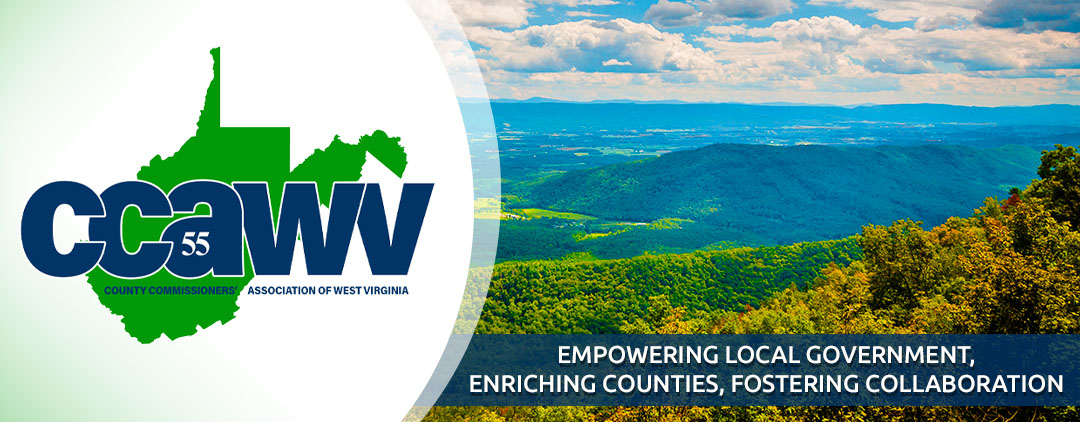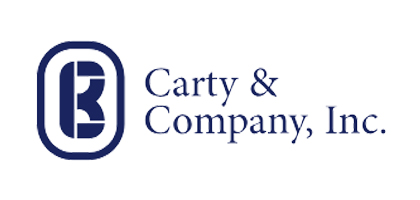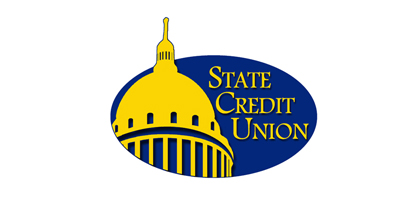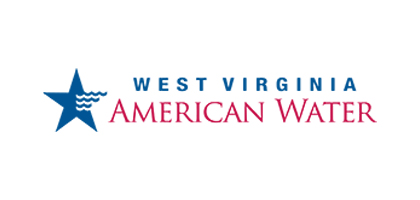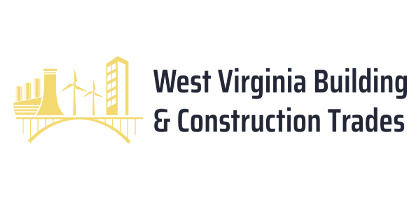- Details
Election Day 2016…it’s almost here and what an election!
A new President of the United States, a new Governor for the State, and a new Senate President as well!
That’s some major leadership change…Trump or Hillary, Justice or Cole, and Senate President, well that will depend on whether the majority in the Senate remains Republican or switches to Democrat.
November 8, 2016, will determine the future for our state in many ways and will help chart the course for CCAWV’s legislative strategies in the upcoming session. Our CCAWV Legislative Committee will meet in November, following Election Day, to formulate our plans.
Local county leadership will also be decided in a big way….every constitutional office in the courthouse is on the ballot in 2016. There are several retirements coming and the May primary resulted in more change.
With a total of 57 county commission seats up for grabs; 12 incumbents won their primary in May and have no opposition in the general, 16 incumbents retired, 10 incumbents lost in the primary and 19 incumbent elections will be determined on November 8th.
With at least a 46% turnover, the CCAWV Basic Training Program for newly elected County Commissioners is EXTREMELY IMPORTANT!
It is scheduled for November 30-December 2, 2016 at the Best
- Details
Wow…summer is over and the Fall Board Meeting is just around the corner. Time to start thinking about the county legislative issues for 2017. Regional meetings will be held in December this year due to elections in November and a delayed legislative session that will begin on February 8th. Speaking of elections, good luck to all those commissioners seeking reelection! I wish you successful returns and a smooth election process.
Our Annual CCAWV meeting, held in Canaan Valley this year, went great. Attendance was good and the agenda feedback was excellent. Congratulations to Mercer County Commissioner Greg Puckett, recipient of the 2016 James Booton CCAWV Rising Star Award! Greg is an active CCAWV Legislative Committee member and represents West Virginia on the NACo Opioid Task Force! To those unable to attend, we missed you! It was a great exchange of issues, ideas, and solutions, some of the best yet!
It is often the toughest times that produce the best ideas…one such idea was the creation of a county disaster resource hub by the association and we’ll be sharing more about that with you soon! We are also working on Long Term Recovery training and held our first workshop on August 26th. Additional efforts are in the works, stay tuned. Happy Fall, Y’all!
- Details
CCAWV partnered with the West Virginia Association of Counties to bring a one-day workshop to flood-affected counties. In the weeks since the flooding, many different agencies have stepped in and offered aid. There have been a number of frustrations that have been voiced repeatedly throughout the recovery process.
We hoped our workshop would ease some of the challenges that commissioners and emergency management professionals have been struggling with. Working with Price Waterhouse Cooper’s long-term disaster recovery team, we assembled a day of sessions designed to provide important updates, and allow attendees to develop a realistic plan of what’s next.
General James Hoyer and Jimmy Gianato first presented an update on how the state of West Virginia is handling the crisis along with FEMA. General Hoyer outlined five key “lines of effort” his team was focusing on: housing; public health; critical infrastructure; debris removal; and long-term economic recovery and community development. They plan to hold further meetings with affected communities on site, where they can get the best and most up-to-date information from the residents and business owners themselves.
Following the state of the state update, Price Waterhouse Cooper’s long-term disaster recovery team discussed recovery framework and best practices. Led by Director Chuck Banks, Principal Riz Shah, and Managing Director Guarav Menon, they explored the question, “What is the outcome of a ‘good’ recovery?” Many of the points they focused on overlapped with General Hoyer’s lines of effort: A growing population, a revitalized economy, resilient infrastructure, and enhanced quality of life were the key goals they identified for a community striving not just to recover, but to thrive after a major disaster. Their team has assisted communities all across the country after major disasters, and they found that truly invested stakeholders with clear lines of communication were the most successful at rebuilding and even thriving. Much of their strategy involved identifying key players within the community – citizens, business leaders, county and city officials, representatives from schools and faith communities – and developing a clear, transparent plan of how to move forward.
They stressed the importance of establishing a communications plan and PR strategy, and conducting community outreach and engagement efforts. Keeping people informed and involved can be challenging, and they had easy, low-cost suggestions (for example, maintaining a database of volunteers to call upon when you move from project to project). As communities get further into the recovery process, it’s easy to feel hope and excitement dwindle. The PWC team suggested starting with small, visible wins to encourage people to keep with the process.
We finished the day out with a presentation about a successful case study. A massive tornado decimated the small, rural town of Greensburg, Kansas a number of years ago. The entire town – Main Street, the school, all the businesses and homes, and even the courthouse – was laid to waste. Only three days after the horrific event, the people of the town came together, meeting under a large, improvised tent, to discuss Greensburg’s future. Many people were doubtful that rebuilding was even a possibility. The majority decided to press on, and with time, dedication, and careful use of scant resources, they are now a thriving rural community.
Our association is dedicated to helping affected counties find ways to move forward, and we plan to continue providing support in any ways we can find. We’d like to thank everyone who came out and attended the workshop, and our presenters! Together, we will move forward!
- Details
As summer comes to an end and fall is upon us, the weather is very confusing. Today temperatures reached 100 and felt even hotter. I do hope we have some beautiful, crisp fall weather and that we do not jump straight from hot temperatures to cold and snow. Fall is such a picturesque time and most of us really love good football weather.
Speaking of weather, August was a beautiful time to be at Canaan Valley for the annual CCAWV Conference. If you did not attend, you missed a great time of interaction with county commissioners and some very good presenters. The discussion between county commissioners, as we talked about the many issues facing counties, was very enlightening. It was a time to learn what other counties are doing and how they deal with very difficult issues. Many excellent speakers brought a wealth of knowledge during the workshop sessions. It was a great time of networking, sharing experiences and coming together to set the course for the future.
In September, the Board of Directors will meet along with the Legislative Committee to talk about our legislative concerns. Many of these came from discussions at the August conference. As we get ready for the 2017 Legislative session, which starts in February, we certainly need to focus on those things that will benefit counties the most. Once the legislative agenda is complete, we all need to work hard and make sure our own Delegates and Senators are very informed and know exactly what our needs are and how they can help.
Please join us as we all work together to get some much needed help and support for counties. Together WE can.
- Details
In June, CCAWV held a series of regional trainings across the state. The free sessions covered a number of important human resource topics, as well as a legislative wrap-up and the unveiling of an exciting collaborative effort.
Vivian Parsons, CCAWV Executive Director, provided a summary of the 2015Legislative Session, highlighting legislation thatwill affect counties. Additionally, she outlinedimpending changes to PERS and providedinformation for upcoming webinars.
